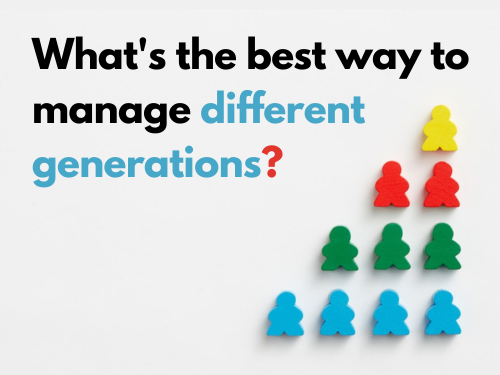
When I wrote my first post, I viewed intrinsic motivation as a big, shining beacon that could—nay, should—guide our daily actions and decisions into a state of heightened clarity and presence. I pictured intrinsic motivation as something one either did or didn’t possess. (In that binary scenario, I didn’t have much of it.)
After exploring the subject for a year, and speaking with several psychology researchers and other experts, I understand things a little differently. There isn’t a caste of intrinsically motivated beings moving effortlessly through life, and then the robotic rest of us, hooked on cheap praise and rewards. There is a spectrum of different motivations, which will come into play depending on the activity and circumstances. At times, we might be pushed by extrinsic reasons (e.g. paying taxes on time to avoid late fees), or moved by our intrinsic drive (e.g. singing Waka Waka in the shower when no one’s listening). Many times, we’ll be somewhere in between—and that’s not a moral failure.
I still consider myself a people-pleaser, slowly peeling off layers of social conditioning to uncover recover my intrinsic motivation. If you also feel disconnected from your inner drive and unsure where to start, I believe there are a few things you can pay attention to (forgive me if it all sounds obvious—this stuff is simple, but not easy!):
Yourself
Let’s start with your body. Are you comfortable as you read this? Are your shoulders tense, your feet cold? What gives you energy, what depletes you? I once quoted Martha Beck as saying: “If it feels really good, maybe do more of that and you’ll get confidence in yourself. If it feels horrible, maybe do less of that and you’ll get confidence in yourself.” It can be small, yet significant—being more self-aware doesn’t mean you have to suddenly quit your job or spend 10,000 hours learning the harp.
Your boundaries
To assert what comes from us, it helps to know where we end and where other folks (“society!”) begin. This is closely linked to the above, but I’m giving it its own paragraph because it is important and not as obvious as it seems. Maybe your kid loves Lego, and just seeing the damn bricks makes you yawn. Maybe your parents are proud of your prestigious job—and your company is paying you good money—but it doesn’t feel quite right to you.
Your environment
The words intrinsic and extrinsic might bring a little confusion here. Intrinsic motivation doesn’t exist in a vacuum; it needs a nutritious environment that encourages our autonomy. I don’t mean vapid cheerleading, but people who care about our perspective and don’t push their own agenda onto us—be they parents, friends, teachers, bosses, colleagues, or strangers on the internet.








